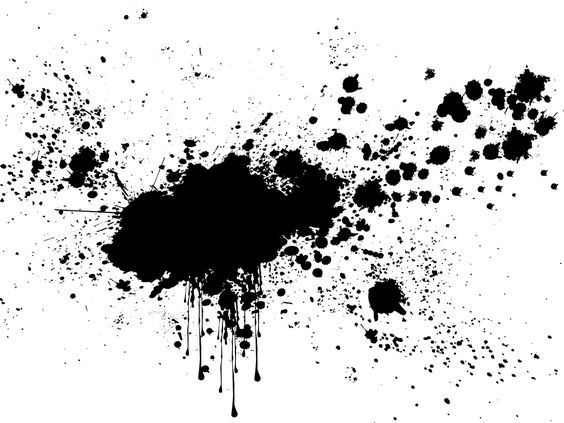Immensely prolific, yet discredited during his lifetime, the symbolist author and visionary occultist Joséphin Péladan (Sâr Merodack, 1858-1918) constructed a vast yet coherent body of teachings in response to the social decadence he perceived in late 19th century French society. In his cycle of novels, La Décadence Latine, his characters represented archetypal ideals facing existential and metaphysical dilemmas against a background of a dying, corrupt, Western culture. Each of these symbolic stories had the purpose of inspiring his readers to seek a more ideal existence through a form of self-initiation that Peladan dubbed kaloprosopia: an art of transformation of personality through a life lived as a work of art. His theoretical esoteric works, Comment on Devient Mage and Comment on Devient Fée, respectively written for men and women, were handbooks for self-initiation that laid out the theory underpinning his novels. A formalised version of the same process formed the basis for his Rosicrucian order. By presenting the same idea in different forms; through art, literature, and more intellectually demanding writings, Péladan’s intent was to bring this call for regeneration to as wide an audience as possible, and in so doing, to spark a social renaissance.After a brief introduction to Peladan’s life, times, and writings, this talk focuses on his method for self initiation, the idea of kaloprosopia, and question its possible relevance to our time.
* This talk took place at Watkins Bookshop in London, September 7th 2016, and the content is based on an article published in The Pomegranate: International Journal of Pagan Studies, 2013. Header photo by Madeleine Spencer.

